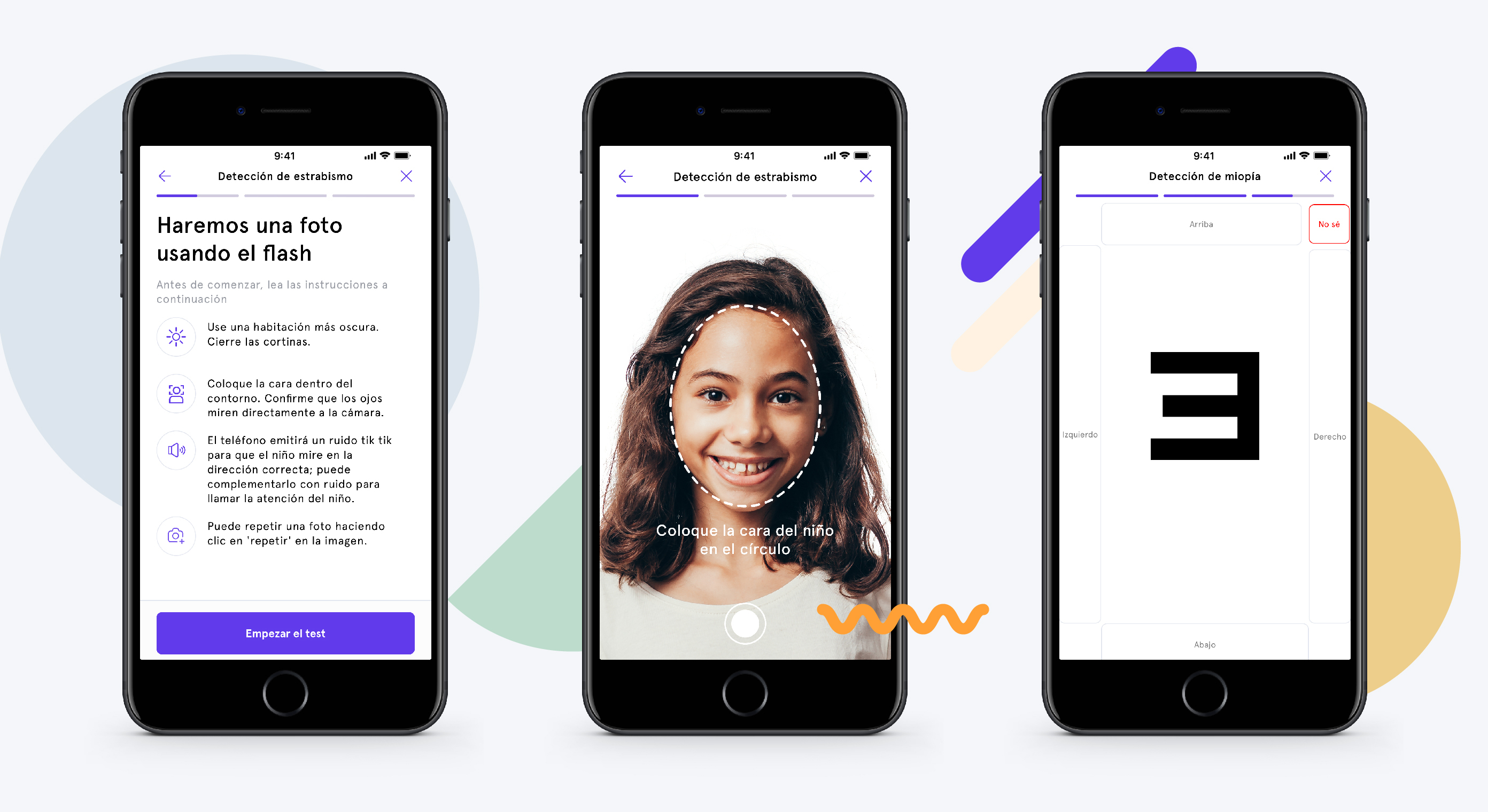main content start
"The UNICEF Venture Fund investment helps Eyebou to build robust artificial intelligence in the eyecare space. With this investment, we will directly be helping over 10,000 children to receive eyecare but we hope the collaboration with UNICEF will create more opportunities allowing us to give eyecare to many more. In this way, we hope to improve the quality of life and access to education for more children globally."
- Amy Fehilly, Co-founder, Eyebou
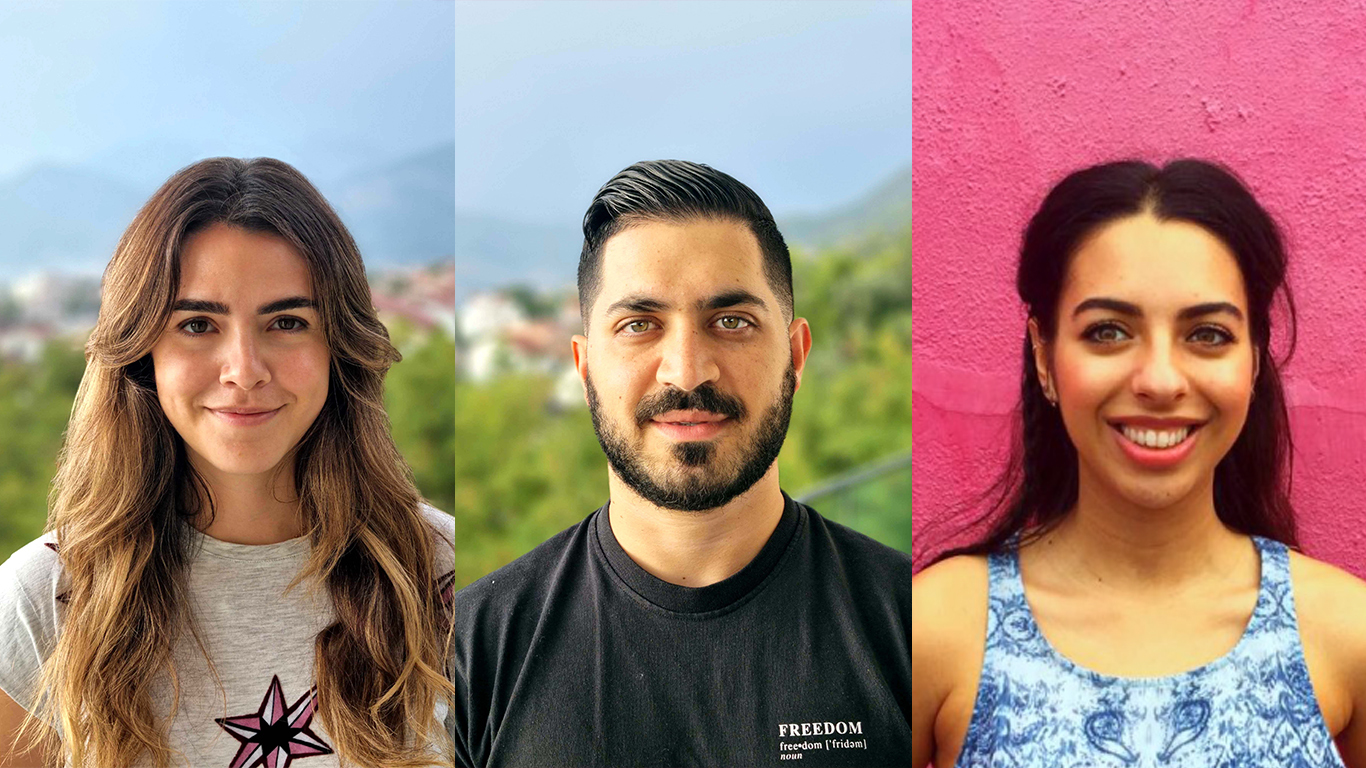
Related Stories
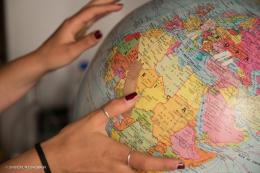
Portfolio News
AGUA: Revolutionizing Global Collaboration for Funding Transparency (with Growth Graduate Atix Labs)
Mar 04 , 2024
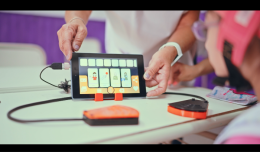
Portfolio News
Sep 26 , 2023
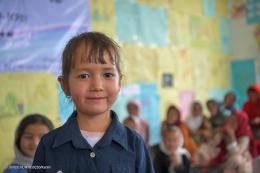
Portfolio News
Sep 26 , 2023
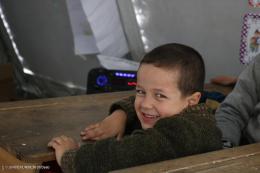
Portfolio News
Sep 25 , 2023
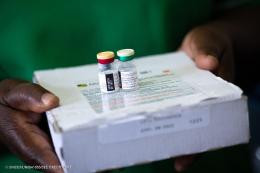
Portfolio News
Sep 25 , 2023
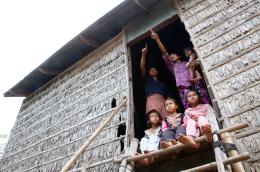
Portfolio News
Sep 25 , 2023
